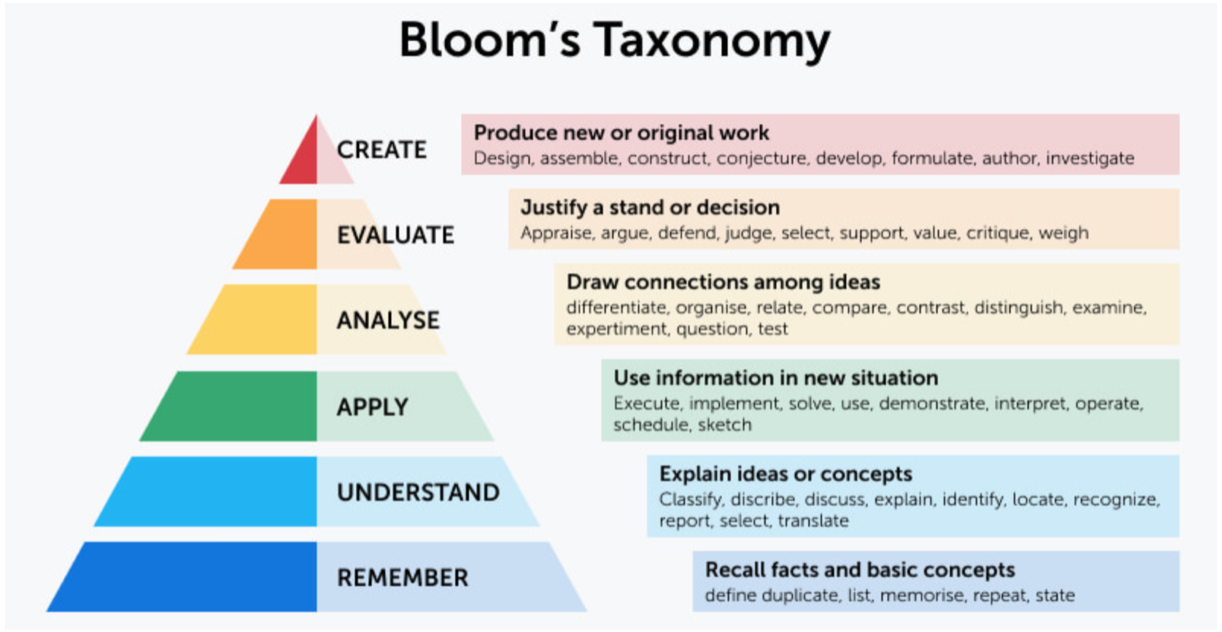January 5, 2024 | By the AATA Conference Committee
We invite you to contribute to a transformative year of learning and collaboration—from our Monthly Learning Series to the virtual and in-person conferences. Your insights and expertise are integral to shaping the future of the art therapy profession. The Conference Committee has developed a robust proposal process to be as inclusive as possible: Regardless of whether you are a student, new professional, researcher, or a mental health professional in a related field, you are welcome to submit a proposal to present at AATA’s conferences.
Tips for a Successful Proposal
- Plan Early. This will give you time to organize your thoughts and develop a thorough proposal.
- Collaborate. Consider working with a peer for presenting or asking for feedback before submitting.
- Consider the Presentation Type. Submit for the proper presentation type to fit your topic. The Call for Proposals includes descriptions of the different types of proposals:
- A paper is a good format for presenting research and application.
- Panels are an opportunity for multiple presenters to discuss a similar topic.
- Workshops allow those who register to have the opportunity to apply a new technique or approach through experiential learning.
- Advanced practice courses are an opportunity to learn more in-depth about a topic.
- Develop a Strong Title. Make sure your title reflects your content, this is your first opportunity to introduce your topic.
- Draft a Captivating Short Description (50 words). This is what most attendees will read to make a decision on what to attend. Make sure to highlight the most critical parts of your presentation. Your short description will be used on the website and in the Conference App for attendees to review.
- Pick the Best Fitting Program Track. Try to find the most logical fit, most presentations can fit into one or more tracks, that is the nature of the work we do. You are the expert of your topic. Program tracks are detailed in the Call For Proposals.
- Identify Clear Objectives. Objectives are what attendees can expect to learn by attending your session. It is critical that these be clear and measurable. Using Bloom’s Taxonomy is helpful in identifying verbs to include. It can be helpful to think about these as you do treatment goals – they need to be clear, address one item and measurable.
- Panels, Papers, Performance, Posters, and Videos will typically involve remembering and understanding.
- Workshops will typically also include applying.
- Advanced Practice courses may encompass all levels.

For example, rather than this: Attendees will learn about a new innovative technique for treatment.
Try this: Attendees will be able to identify three techniques for engaging resistant clients.
Rather than this: Attendees will increase awareness on the ‘new to you’ technique.
Try this: Attendees will demonstrate the ‘new to you’ technique.
- Bring Depth to your Abstract. The abstract is a what the program reviewers will read to assess your proposal. It should reflect the content of your topic and the relevance to the profession. You should only include references of those sources that are cited in your abstract. References should include current (last 5-7 years) sources that are scholarly/peer reviewed.
You have up to 600 words to explain your topic in the abstract. Your abstract needs to have enough depth for reviewers to assess the quality of your writing, quality of your content, relevance to our profession, and adherence to APA 7th edition formatting. It is recommended that you address the following in your abstract:
- Introduce topic and relevance to the profession.
- Discuss relevant supporting research.
- What are you adding to the topic/research/profession?
- Plan Out the Time. For Advanced Practice Courses and Workshops, you MUST include a schedule on how your time will be used.
For example, for a 90-minute workshop:
- 25 Minutes – Introduction, Lecture and Discussion
- 45 Minutes – Collaborative Art Making Process
- 15 Minutes – Discussion About Participants Experience During the Art Making
- 5 Minutes – Wrap-up
We look forward to receiving your proposal.
